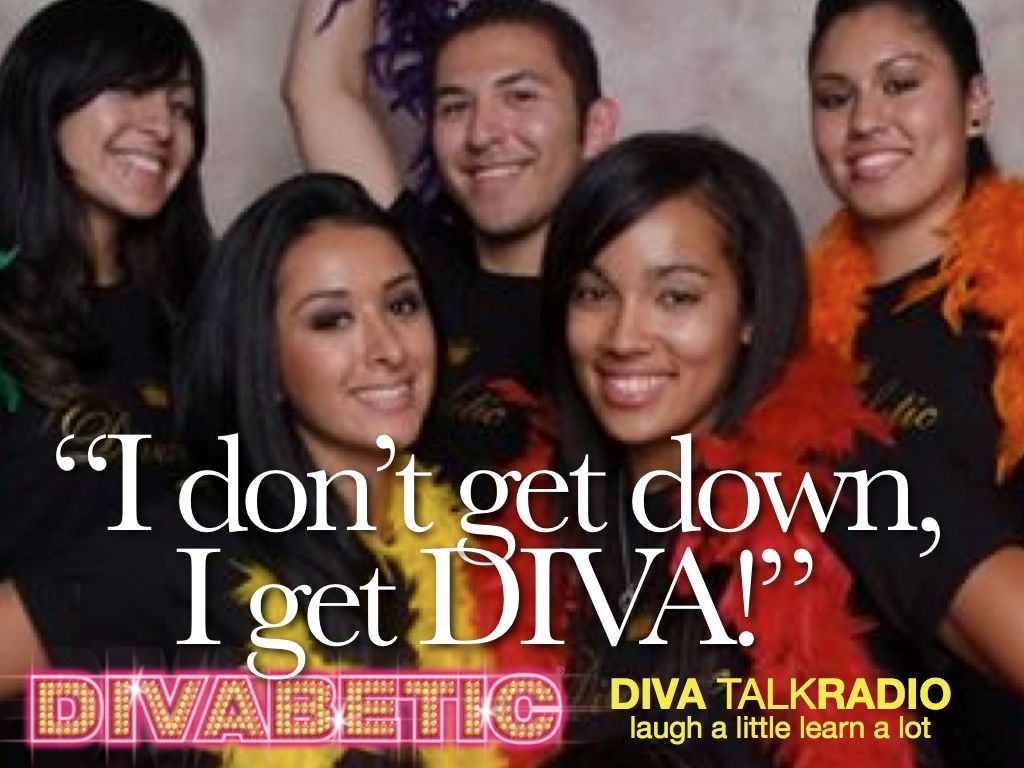
Why care about diabetes and the women in our lives? Because diabetes affects women differently than men.
Diabetes affects women and men in almost equal numbers. However, diabetes affects women differently than men. Compared with men with diabetes, women with diabetes have:
- A higher risk for heart disease. Heart disease is the most common complication of diabetes.
- Lower survival rates and a poorer quality of life after heart attack
- A higher risk for blindness
- A higher risk for depression. Depression, which affects twice as many women as men, also raises the risk for diabetes in women.
Women of color have more reason to worry about diabetes. Certain racial and ethnic groups have a higher risk for type 2 diabetes. These groups include:
- African-Americans. African-American women are twice as likely to develop diabetes as white women. African-Americans are also more likely to have health problems caused by diabetes and excess weight.
- Hispanics. Hispanic women are twice as likely to develop diabetes as white women. Diabetes affects more than one in 10 Hispanics. Among Hispanic women, diabetes affects Mexican-Americans and Puerto Ricans most often.
- American Indian/Alaskan Native. Diabetes affects nearly 16% of American Indian/Alaskan Native adults.
- Native Hawaiian/Pacific Islander. Native Hawaiians/Pacific Islanders are about twice as likely to develop diabetes as whites.
- Asian-Americans. Diabetes is the fifth-leading cause of death for Asian-Americans. Asian-American women are also more likely to develop gestational diabetes than white women and usually develop gestational diabetes at a lower body weight.
For More Information
Visit womenshealth.gov
Read How Diabetes Differs for Men and Women in Diabetes Forecast
Don’t get down, count on Divabetic for the power of love and wellness with a wow! Here’s how to stay in touch, stay connected, and support our community.







 Hello Handsome. Goodbye, Statistics! If you are among the 15 million+ men living with diabetes, you’re not a number; you’re a Divabetic Dude!
Hello Handsome. Goodbye, Statistics! If you are among the 15 million+ men living with diabetes, you’re not a number; you’re a Divabetic Dude!









